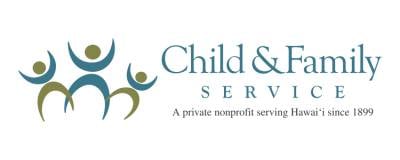- Get Therapy
- Guides & Videos
-

One quick last question. Who was seeking counseling today?
Do you know the reason they are not accepting clients?
|
392 N. Market Street
Wailuku, HI 96793 |

